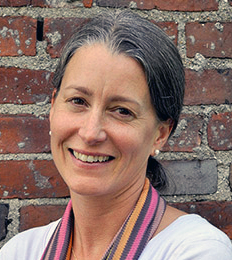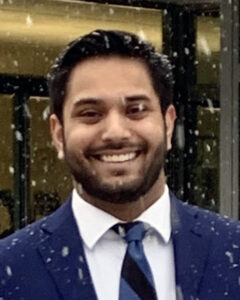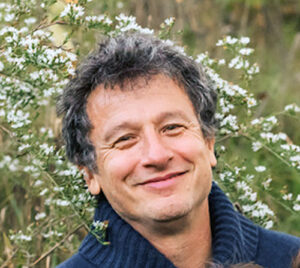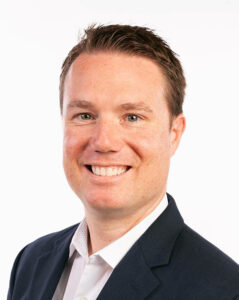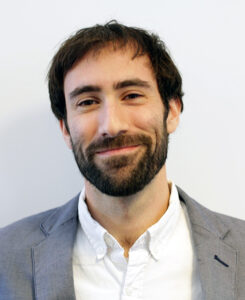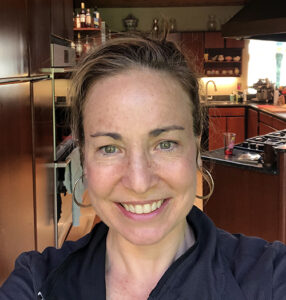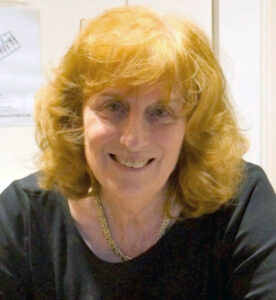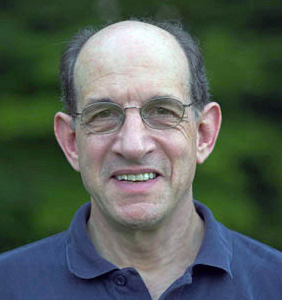 In the March 27 town election, Matina Madrick and Jacob Lehrhoff won the two open seats on the School Committee, beating out incumbent Adam Hogue and Peter Buchthal. In the other contested race, the two openings on the Planning Board went to incumbent Lynn DeLisi and Craig Nicholson.
In the March 27 town election, Matina Madrick and Jacob Lehrhoff won the two open seats on the School Committee, beating out incumbent Adam Hogue and Peter Buchthal. In the other contested race, the two openings on the Planning Board went to incumbent Lynn DeLisi and Craig Nicholson.
Nicholson, who is currently a Planning Board alternate member, won the most votes (736) of the three candidates, followed by DeLisi at 602 and Mark Levinson at 417. Longtime member Bob Domnitz originally planned to run for reelection but subsequently dropped out and endorsed Levinson.
Lehrhoff and Madrick soundly defeated Buchthal and Hogue, a two-term incumbent who voted against the last school budget. Buchthal campaigned heavily on LincolnTalk and the PTO candidate forum on claims that Lincoln spends too much per student and that too many students are one or more grades behind in their studies. Lehrhoff received the second-highest vote total of the four even though he was not able to appear at the forum.
In an uncontested race at the top of the ticket, Kim Bodnar (currently School Building Committee vice chair) will take over for outgoing Select Board member Jonathan Dwyer.
Following are the unofficial results for the election. Scroll down for the uncontested Lincoln-Sudbury School Committee results, which resulted in victories for newcomers Lucy Maulsby of Lincoln and Ravi Simon of Sudbury.
- School Committee candidate Q&A
- Planning Board candidate Q&A
- Uncontested candidate Q&A (partial)
- PTO candidate forum
- “My Turn” posts by and about the candidates
| Offices & Candidates | Prec. 1 | Prec. 2 | Total |
|---|---|---|---|
| Select Board | |||
| Kimberly A. Bodnar | 592 | 332 | 924 |
| Write-ins | 2 | 5 | 7 |
| Blank | 148 | 90 | 238 |
| Total | 742 | 427 | 1,169 |
| Board of Assessors | |||
| Ellen B. Meadors | 584 | 319 | 903 |
| Write-ins | 2 | 1 | 3 |
| Blank | 156 | 107 | 263 |
| Total | 742 | 427 | 1,169 |
| Board of Health | |||
| Frederick Lawton Mansfield | 575 | 314 | 889 |
| Write-ins | 1 | 2 | 3 |
| Blank | 166 | 111 | 277 |
| Total | 742 | 427 | 1,169 |
| Cemetery Commissioner | |||
| Manley B. Boyce | 592 | 319 | 911 |
| Write-ins | 3 | 2 | 5 |
| Blank | 147 | 106 | 253 |
| Total | 742 | 427 | 1,169 |
| Commissioner of Trust Funds | |||
| Derek Paul Fitzgerald | 562 | 301 | 863 |
| Write-ins | 1 | 1 | 2 |
| Blank | 179 | 125 | 304 |
| Total | 742 | 427 | 1,169 |
| Housing Commission (3-year term) | |||
| Neil Michael Feinberg | 518 | 299 | 817 |
| Write-ins | 4 | 4 | 8 |
| Blank | 220 | 124 | 344 |
| Total | 742 | 427 | 1,169 |
| Housing Commission (2-year term) | |||
| Julie A. Brogan | 563 | 306 | 869 |
| Write-ins | 1 | 1 | 2 |
| Blank | 178 | 120 | 298 |
| Total | 742 | 427 | 1,169 |
| Moderator | |||
| Sarah Cannon Holden | 579 | 318 | 897 |
| Write-ins | 13 | 10 | 23 |
| Blank | 150 | 99 | 249 |
| Total | 742 | 427 | 1,169 |
| Parks and Recreation Committee | |||
| Robert Stringer | 574 | 313 | 887 |
| Write-ins | 2 | 2 | 4 |
| Blank | 166 | 112 | 278 |
| Total | 742 | 427 | 1,169 |
| Planning Board | |||
| Lynn E. Delisi | 394 | 208 | 602 |
| Mark Levinson | 271 | 146 | 417 |
| Craig M. Nicholson | 458 | 278 | 736 |
| Write-ins | 5 | 0 | 5 |
| Blank | 356 | 222 | 578 |
| Total | 1,484 | 854 | 2,338 |
| School Committee | |||
| Adam M. Hogue | 235 | 144 | 379 |
| Peter M. Buchthal | 163 | 103 | 266 |
| Jacob Lehrhoff | 404 | 208 | 612 |
| Matina Madrick | 489 | 277 | 766 |
| Write-ins | 1 | 1 | 2 |
| Blank | 192 | 121 | 313 |
| Total | 1,484 | 854 | 2,338 |
| Trustees of Bemis | |||
| Rachel Marie Schachter | 562 | 300 | 862 |
| Write-ins | 2 | 0 | 2 |
| Blank | 178 | 127 | 305 |
| Total | 742 | 427 | 1,169 |
| Water Commissioner (3-year term) | |||
| Matthew Bio | 562 | 302 | 864 |
| Write-ins | 1 | 1 | 2 |
| Blank | 179 | 124 | 303 |
| Total | 742 | 427 | 1,169 |
| Water Commissioner (2-year term) | |||
| Stephen Rees Gladstone | 559 | 299 | 858 |
| Write-ins | 1 | 1 | 2 |
| Blank | 182 | 127 | 309 |
| Total | 742 | 427 | 1,169 |
| Water Commissioner (1-year term) | |||
| Patrick J. Lawler | 573 | 300 | 873 |
| Write-ins | 2 | 1 | 3 |
| Blank | 167 | 126 | 293 |
| Total | 742 | 427 | 1,169 |
Lincoln-Sudbury School Committee results
| Prec. 1 | Prec. 2 | Lincoln total | Sudbury total | Grand total | |
|---|---|---|---|---|---|
| Lucy Mason Maulsby (Lincoln) | 574 | 317 | 891 | 1,977 | 2,868 |
| Ravi Simon (Sudbury) | 418 | 216 | 634 | 1,996 | 2,630 |
| Write-ins | 3 | 2 | 5 | 17 | 22 |
| Blank | 489 | 319 | 808 | 2,662 | 3,470 |
| Total | 1,484 | 854 | 2,338 | 6,652 | 8,990 |


